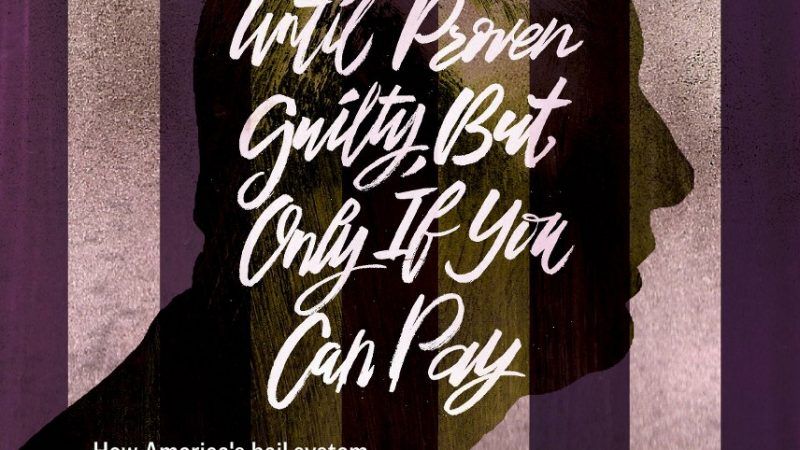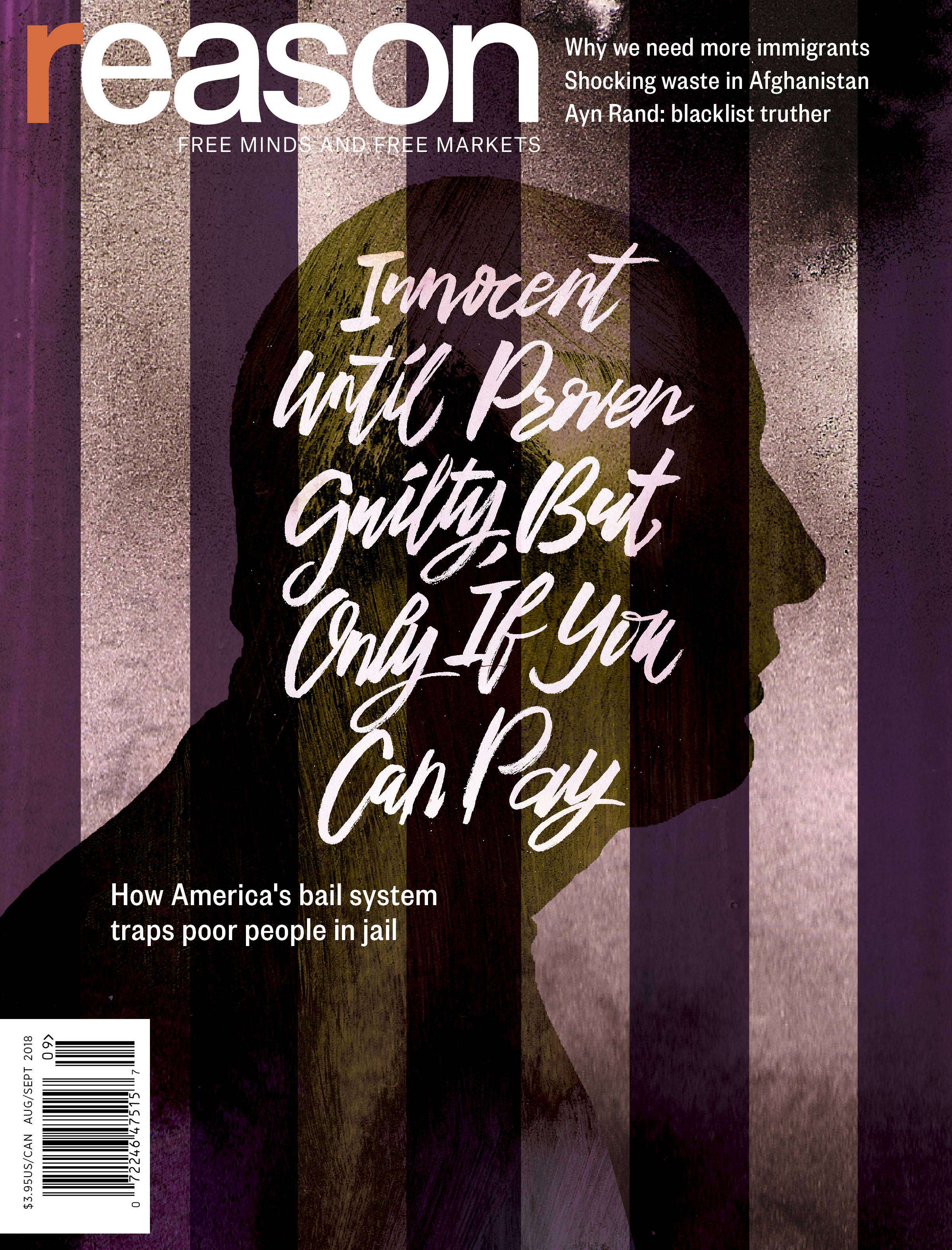Philadelphia Reduced Use of Cash Bail and the Sky Didn't Fall
Defendants aren't being ordered to pay for their freedom, and they're still coming back for court appearances.


As the push continues to reform bail systems across America, some skeptics of allowing defendants to go free without paying bail have argued that it might be harder to get these people to show up for their court dates. If they or their family members don't owe money to a bail bondsman, the argument goes, why would they show up?
That's a fair question, but the news coming out of Philadelphia, where new District Attorney Larry Krasner announced last year that he was going to significantly scale back the demand for cash bail for a huge list of offenses, is that defendants will show up.
In 2018, the city let an additional 1,750 arrestees go free pre-trial without demanding that they pay bail. This resulted in a 22 percent reduction in the number of defendants who spent at least a night in jail. This week, two professors released a report analyzing the impact of this move: "In spite of the reduced financial accountability that the No-Cash-Bail reform entailed, we find no detectable change in any of these measures of pretrial misconduct. … This is striking, given the prevalence of monetary bail as a purported method of increasing compliance with the courts."
The Philadelphia Inquirer, meanwhile, notes that court appearance rates in the city are at their highest in a decade.
Aurelie Ouss of the University of Pennsylvania and Megan T. Stevenson of the George Mason University Antonin Scalia Law School examined three outcomes of letting more people go without any bail demands: The rates that these defendants subsequently failed to show up for court dates; the rates that these defendants were accused of committing new crimes after release; and the rates that these defendants were accused of committing serious crimes within four months of their first court date. They found no significant change for Philadelphia defendants in any category.
Their study addresses a legitimate concern: Part of the argument for bail reform is that it's cruel to keep defendants locked up before trial if they're not threats to the community or flight risks. The other part of the argument is that it's expensive. But if these defendants were to skip their court dates, or commit new crimes before trial, the cost savings of not detaining them before trial would be erased by the costs of tracking them down, or investigating and prosecuting additional crimes.
As Ouss and Stevenson note, there's been little research on what happens when these pretrial systems suddenly change to free more people, partly because it's still a relatively new phenomenon. We do know, however, that when people remain behind bars because they're unable to make bail, their families often suffer significant financial hardship and the defendants are far more likely to accept less favorable plea deals with harsher sentences than those defendants who are able to build a case and negotiate with prosecutors from outside a jail cell.
This study, if it proves to be replicable, is going to be extremely valuable in countering fears that letting more defendants out of jail without bail demands will lead to crime increases and missed court appearances. You can check out the study here, and read more from Reason on the push to reform, reduce, and potentially eliminate the use of cash bail here.
